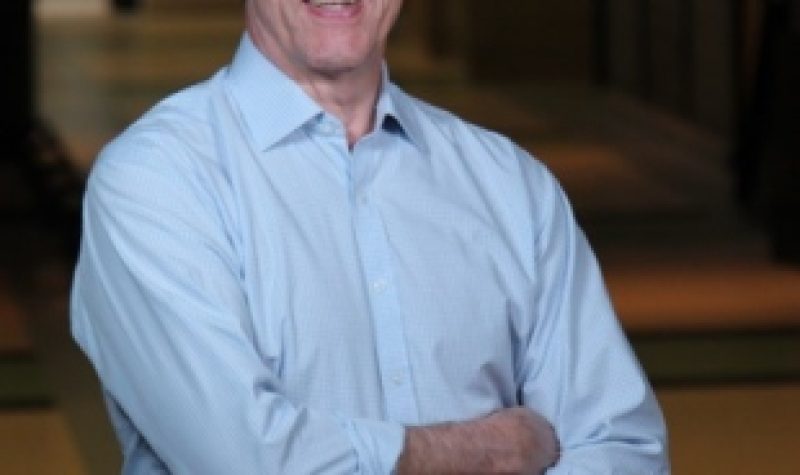On Friday Mount Allison announced a group of wealthy donors would be ponying up $5 million to transform the school’s Philosophy, Politics and Economics program into the Frank McKenna School of Philosophy, Politics, and Economics.
Former New Brunswick premier Frank McKenna’s family donated $1 million, and a list of others made up the other $4 million, including the LR Wilson Foundation, John and Judy Bragg, Bea Crawford and family, Margaret McCain, TD Bank, David and Betty-Jo Booth, and Brookfield Asset Management.
When journalist Bruce Wark asked to see the donor agreement between the school and its benefactors, Mount Allison spokesperson Laura Dillman told him the agreement is considered a private document.
James Turk, director of Ryerson University’s Centre for Free Expression, says that’s just not right.
Turk is a strong advocate for making university donors’ agreements public.
“I think it’s totally inappropriate for Mount Allison University to fail to disclose to the university community and the public the terms of a donor agreement that could have an impact on the academic program and nature of the university,” says Turk. “Mount Allison is a public university and needs to be transparent in these matters as many other universities are.”
Turk gives the example of the University of Toronto, which has agreed to make the terms of agreements on donations over $250,000 available to the public for the last 20 years.
“There’s absolutely nothing wrong with a university–especially when it’s being underfunded by provincial governments–to accept donations from corporations or donors, or whomever else,” says Turk.
But there is a key proviso, he says. The university must ensure that it doesn’t compromise its academic integrity. “That is, that it doesn’t allow the donor to have any voice over any aspect of the academic program or research that the donation is funding.”
And that’s why transparent donor agreements are so important, he says. “The only way to know whether a donation is acceptable or not, is to read the fine print in the contract with the donor. And if universities are not prepared to make that donor agreement available, it makes me, for one, immediately suspicious that there’s something in the agreement that the university doesn’t want the public to know. Otherwise why would they deny access to it?”
When James Turk served as executive director of the Canadian Association of University Teachers (CAUT) in 2013, he compiled a comprehensive report on university collaborations with donors called Open for Business: On What Terms?
Turk says the key to donor agreements is that universities maintain complete control over decision making with regard to what they do with the money they are given.
“If it’s simply the naming, if they’re giving this money so that the school is named after McKenna, and there’s nothing more, well, that’s fine. If that’s all it is, why not make that clear? Why not share the agreement?” asks Turk.
“But if it’s giving the donors any say over who’s hired to teach in the school, what the programs of the school will be, what graduate students will be admitted, who the director will be, how the school conducts itself… If the donors are given any say whatsoever on any of those matters, it’s entirely inappropriate.”
Click here for the Warktimes report on the McKenna donation.


